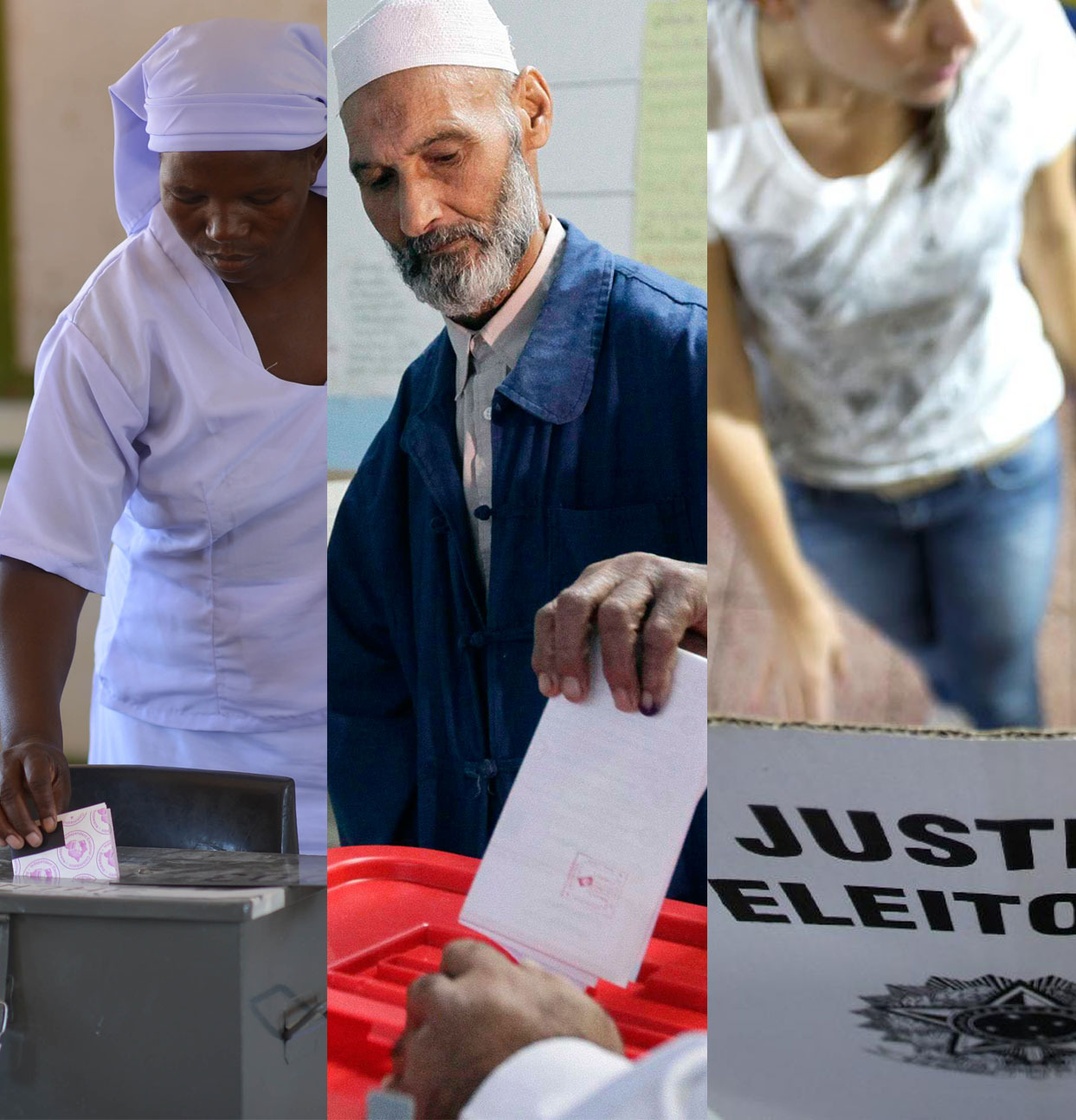Democratic derby: citizens go to polls across three continents
It has been a weekend for elections around the world: In Botswana, the votes have been counted; in the Ukraine and Tunisia, the polls are closing; in Brazil, the queues are just starting to form. Botswana – a landlocked, diamond-rich southern African country of two million people – is seen as one of the continent’s strongest democracies. Some 800,000 registered voters turned out to give the current ruling party a majority in the country’s parliament, and putting President Ian Khama at the helm for a second five-year term. Also in Africa, voting began at more than 4,500 polling booths in Tunisia at 7am, local time on Sunday. Citizens are voting to elect a five-year legislative assembly. The election is the first under the country’s new constitution and the second since the 2011 uprising that overthrew the regime of the former president. More than 100 political parties are running.
I am so proud of being here. During the last elections, I was in tears when I saw all the pictures of my fellow citizens voting. Today, I am here to contribute to my country’s future. It’s a historic moment.
Sami Rajhi, a 19-year-old student in Tunisia
Ukrainians voted Sunday to elect a new parliament, too. The vote comes eight months after a street revolt overthrew Moscow-backed president Viktor Yanukovych. President Poroshenko’s party is expected to get the largest share of the vote. Speaking in a televised address on Saturday, the Ukrainian president said he wanted a majority to emerge that would see through laws to support a pro-Europe agenda and break with the Russian past. In Brazil, 142.8 million voters are still heading to polls for a run-off election that will decide between leftist incumbent Dilma Rousseff and center-right business favourite Aecio Neves. Rousseff had a two to six point advantage in the race, according to Saturday’s final surveys. The vote is widely seen as a referendum on 12 years of government by Rousseff’s Workers’ Party (PT). The party endeared itself to the masses with landmark social programmes that have lifted millions from poverty, increased wages and brought unemployment to a record-low 4.9 percent.

World Elections